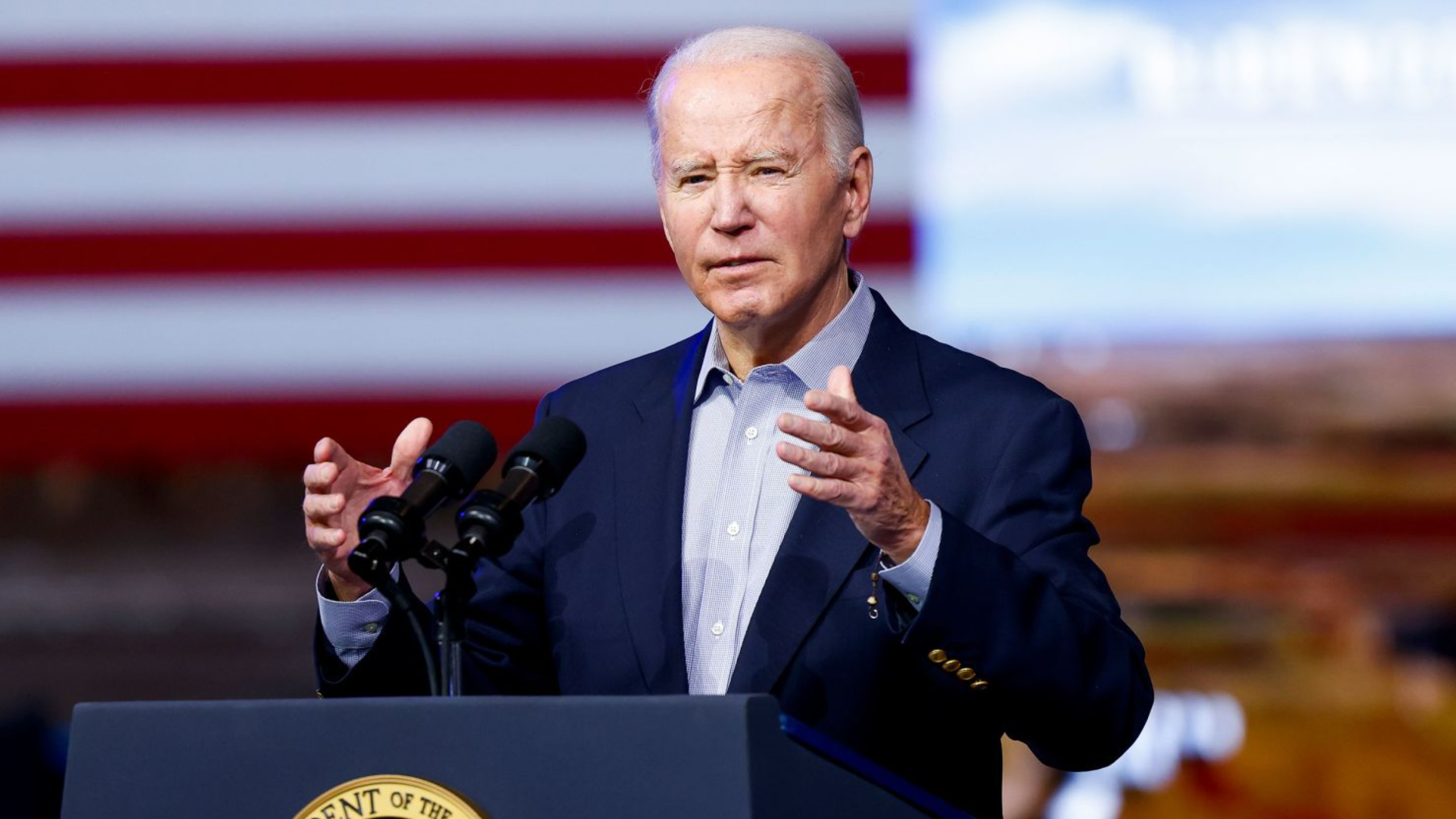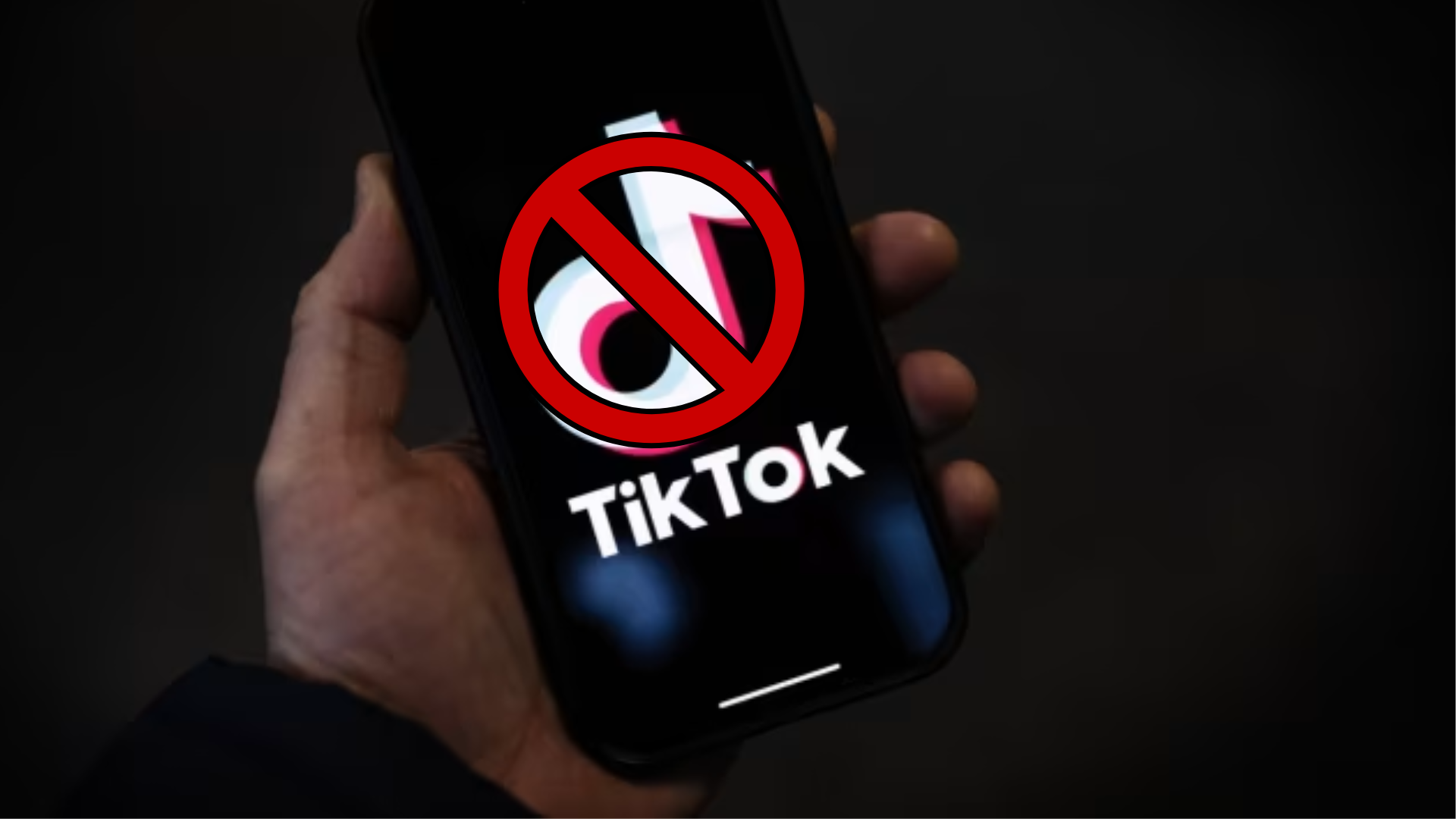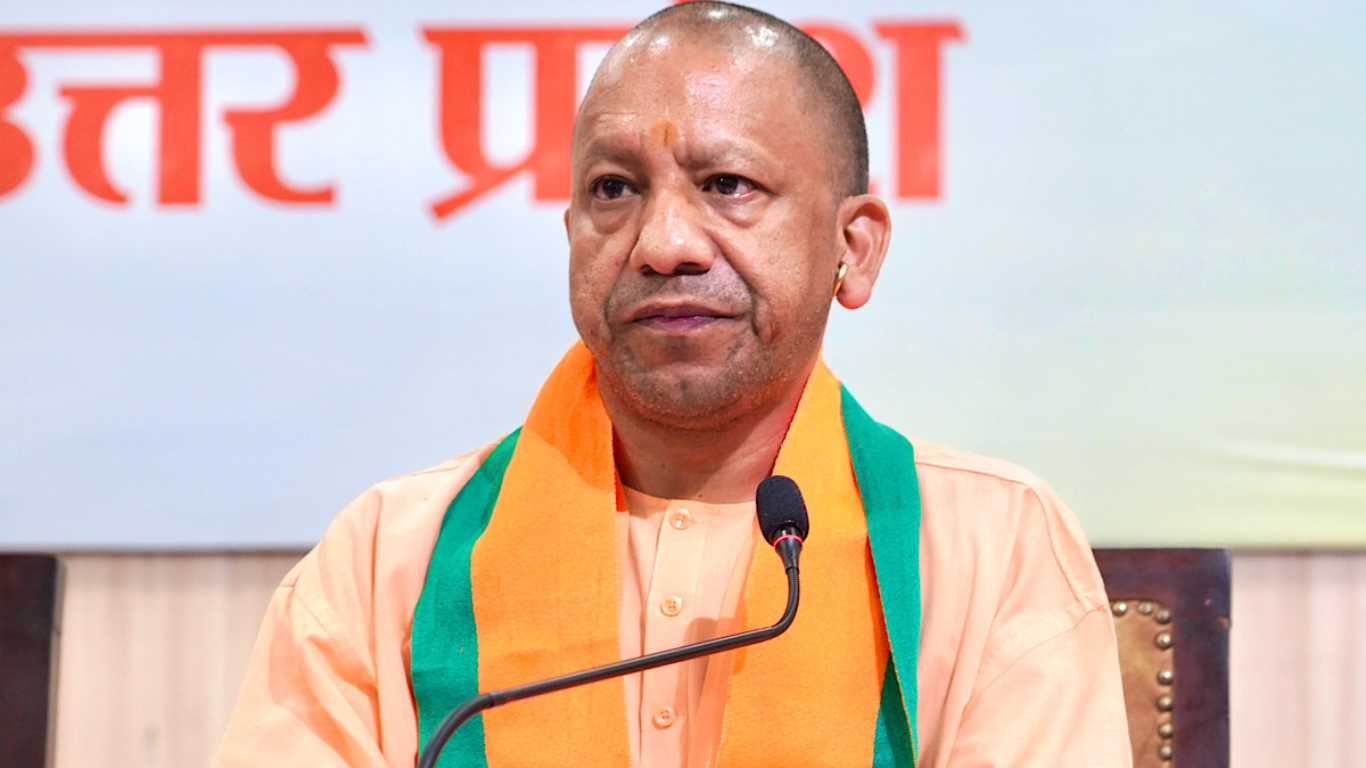










In recent years, TikTok, the wildly popular short-video app, has become a subject of intense scrutiny in the United States. Concerns about its Chinese ownership and potential national security risks have led to legislative efforts aimed at restricting or banning the app. The recent passage of a bill by the U.S. House of Representatives has reignited the debate over TikTok’s future in the country. This article delves into the motivations behind the push to ban TikTok, the implications of such actions, and the potential outcomes.
Why Are US Officials Trying to Ban TikTok?
The primary reason cited by U.S. officials for the proposed ban on TikTok is the perceived threat to national security. They argue that TikTok’s Chinese parent company, ByteDance, could be compelled by the Chinese government to share user data, posing risks to the privacy and security of American users. Additionally, concerns have been raised about the potential use of TikTok as a tool for Chinese influence operations, particularly in the context of upcoming U.S. elections.
The Legislative Response: What Does the Bill Mean?
The bill passed by the House of Representatives represents a significant step in the effort to address these concerns. It gives ByteDance, TikTok’s owner, a one-year ultimatum to divest its U.S. assets or face a nationwide ban of the app. This move reflects bipartisan support for addressing national security threats posed by foreign-owned tech companies operating in the U.S. market.
Who Supports the Ban?
The bill received broad bipartisan support in the House, highlighting the widespread concern among lawmakers regarding TikTok’s operations. Both Republican and Democratic lawmakers have expressed worries about the potential risks associated with TikTok’s Chinese ownership. The bill’s passage underscores the bipartisan consensus on the need to address these concerns promptly.
Challenges and Opposition
Despite the bill’s overwhelming support, it faces challenges and opposition from certain quarters. Some lawmakers have raised questions about the legality and constitutionality of a TikTok ban, citing concerns related to free speech protections guaranteed by the Constitution. Additionally, there are concerns about the potential impact of a ban on younger users who rely on TikTok as a platform for self-expression and political engagement.
ALSO READ : EU Adopts ‘More Favorable’ Rule, Allowing Eligible Indians To Obtain Long-Term Schengen Visas
Enforcement and Implementation
If the bill passes the Senate and is signed into law by President Biden, it would compel ByteDance to divest its U.S. assets within a specified timeframe. Failure to comply with the requirements outlined in the bill could result in TikTok’s removal from major app stores and web hosting services. This enforcement mechanism aims to ensure ByteDance’s compliance with the divestiture mandate and mitigate national security risks associated with TikTok’s operations.
Global Precedents and International Response
The proposed ban on TikTok in the United States follows similar actions taken by other countries, including India and Nepal, which banned the app over concerns about data privacy and national security. The global response to TikTok reflects growing apprehensions about the influence of Chinese tech companies and their potential ties to the Chinese government.
The Road Ahead for TikTok in the US
The fate of TikTok in the United States hinges on the outcome of legislative deliberations in the Senate. The bill’s passage in the House signals bipartisan support for addressing national security concerns associated with the app. However, the Senate’s decision and subsequent actions by the Biden administration will determine TikTok’s future in the country.
As the debate over TikTok’s operations unfolds in the halls of Congress, the stakes remain high for both policymakers and TikTok’s millions of American users. The proposed ban reflects broader concerns about data privacy, national security, and the influence of foreign-owned tech companies in the digital age. The coming months will likely witness intense deliberations and decisions that could reshape the landscape of social media and technology regulation in the United States.









